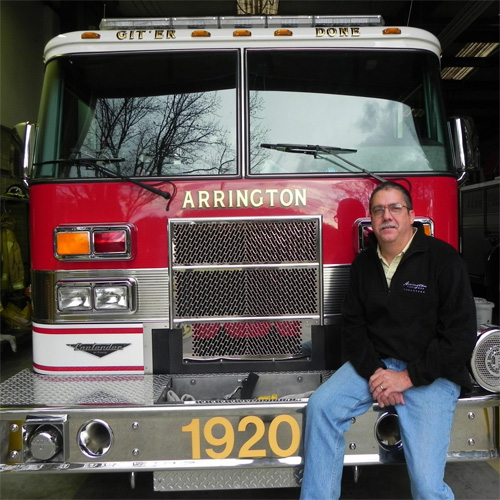I spent the five happiest years of my life in a morgue. As a forensic scientist in the Cleveland coroner’s office I analyzed gunshot residue on hands and clothing, hairs, fibers, paint, glass, DNA, blood and many other forms of trace evidence, as well as crime scenes. Now I'm a certified latent print examiner and CSI for a police department in Florida. I also write a series of forensic suspense novels, turning the day job into fiction. My books have been translated into six languages.
If you could find out what kind of analyses they do, then be sure to point out your experience with that equipment, that would probably be helpful. They might have a summary online, or detailed in the job description, or if you know anyone who might work with them either at the lab or as a law enforcement officer you could ask them. Know what they mean by chain of custody. Good luck!!
Yes, rain can be extremely damaging, if the evidence is something that can be washed away, like blood, fibers, fingerprints, small bits of anything, even bullet casings. Something permanent like a bullet hole, not so much. It depends on what the evidence is and how hard it rains. A (fresh!) tarp can help unless it's something wet, like blood spatter, that a tarp would smear.
Sorry I didn't answer this sooner! I'm sure the blood could be used for DNA analysis, and it should be collected in a sterile vial or bottle. But then it would need to be refrigerated.
That depends on the requirements of the agency you work for. Some will require you to go through the police academy, many won't.
Fashion Forecaster
 What country is the most fashion-forward?
What country is the most fashion-forward?
Firefighter
 What kind of shape do firefighters need to be in?
What kind of shape do firefighters need to be in?
Private Detective
When I was at the coroner's office, a typical day would be examining victim's clothing from a homicide or suicide, typing blood samples and testing gunshot residue samples. Now at the police department, a typical day is spent in front of the computer putting in latent prints that the officers or I have lifted from items and searching for a match, or checking past searches of new people put in the system. Then I might go out to process a burglary scene.
That depends entirely on where you want to work and what they require. At the coroner's office they required a bachelor's degree in one of the natural sciences like biology or chemistry. Where I work now, they only require a high school diploma, but give extra points in the interviewing process for higher education so we all have at least a bachelor's. If you want to do DNA work in a laboratory they will probably want you to have a master's or PhD in genetics. If you want to do crime scene work they might want an associate's or bachelor's in forensic science. So there is no one simple answer to that question.
1) The camera.2) Fingerprint science. 3) DNA analysis.
-OR-
 Login with Facebook
Login with Facebook (max 20 characters - letters, numbers, and underscores only. Note that your username is private, and you have the option to choose an alias when asking questions or hosting a Q&A.)
(A valid e-mail address is required. Your e-mail will not be shared with anyone.)
(min 5 characters)
By checking this box, you acknowledge that you have read and agree to Jobstr.com’s Terms and Privacy Policy.
-OR-
 Register with Facebook
Register with Facebook(Don't worry: you'll be able to choose an alias when asking questions or hosting a Q&A.)